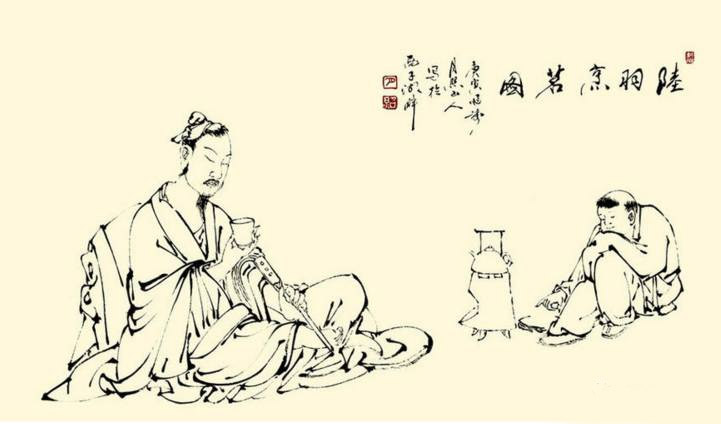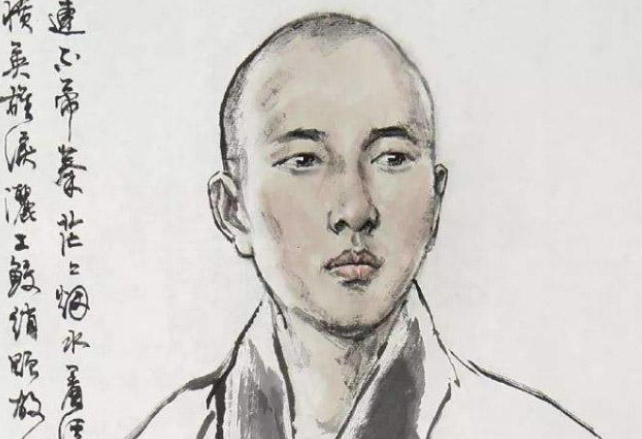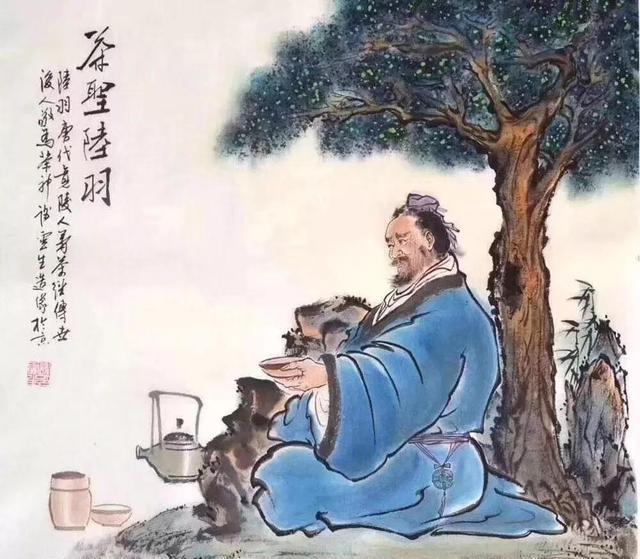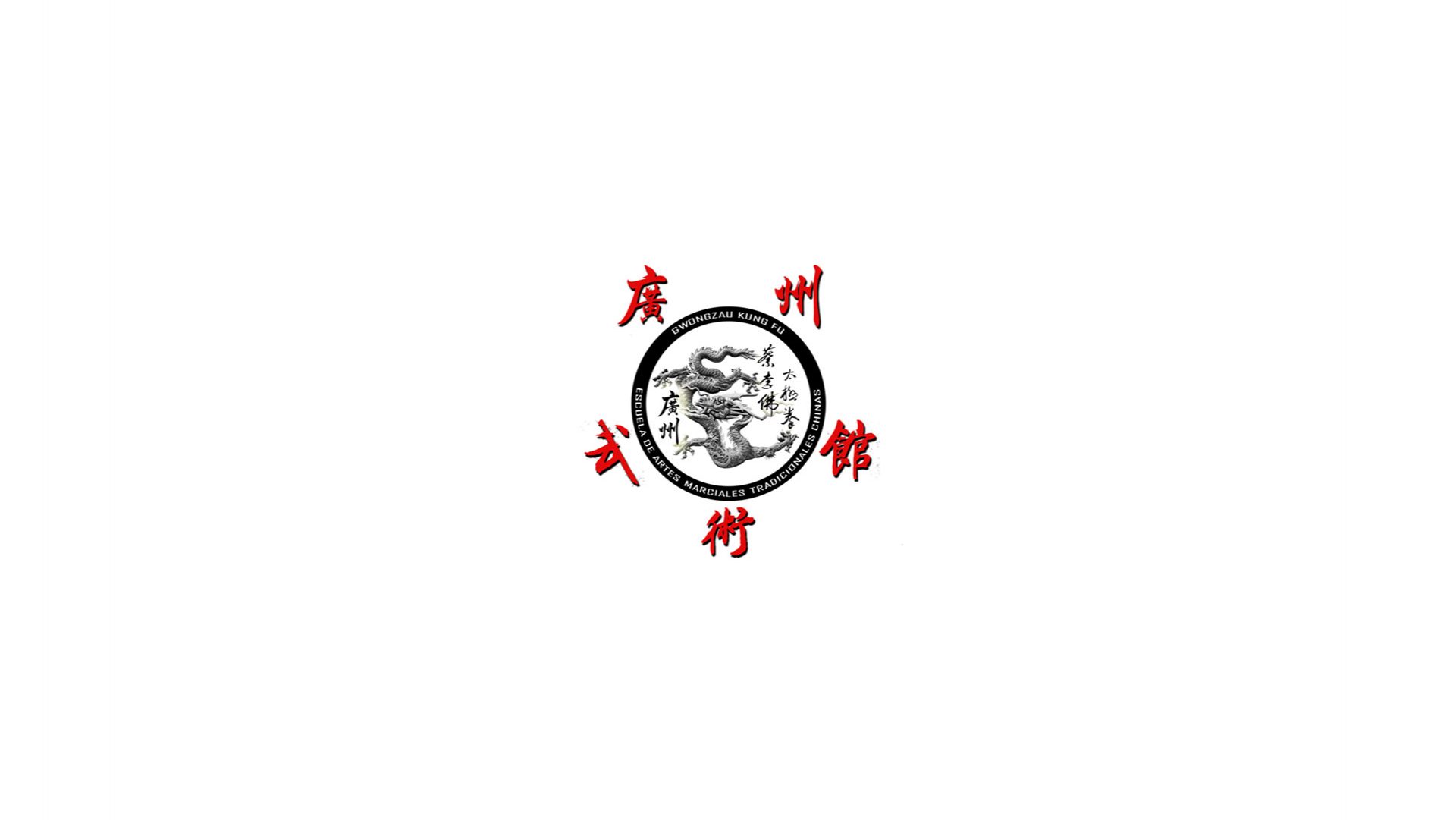Introduction:
The Chá Jīng 茶經 or Classic of Tea is a work of literature of the eighth century that deals with various aspects related to tea, from the cultivation of the plant to the preparation of the drink. This work had a tremendous impact in its time on the spread of the custom of drinking tea in China.
Its author, Lù Yǔ 陸羽 (733-804), was a very influential figure among the circles of intellectuals and writers belonging to the social elite. In this first article related to this character we will see how his life was, and in the next article we will examine some aspects of his Classic of Tea and see how his work affected the habits of the time and even Chinese culture in general.

Historical background:
Tea is a plant native to the Yúnnán雲南 and Sìchuān 四川 regions of southwestern China. There, the plant has grown wild for millennia, until at some point in history, probably during Hàn 漢 (202 BC-220 AD), the locals discovered its value as a drink.
Tea leaves began to be collected directly from wild trees and consumed locally, before becoming a commercial manufactured product. This transformation of tea from a good used locally to a commercial product occurred shortly before the Táng 唐 dynasty (618-907).
The leaves of the plant were steam-pressed and ground by compressing them into cakes or brick-shaped blocks. This facilitated its transport and extended its useful life, allowing its commercialization in places distant from its origin.
Already during Táng, the consumption of tea spread throughout the territory of the Chinese empire. In this expansion, both Lù Yǔ and his work played a very important role.
Life of Lu Yu
In 735, in Jìnglíng 竟陵, Tiānmén 天門 district in present-day Húběi Province 湖北, the abbot of Lónggài 龍蓋 monastery found an orphaned child on the shores of West Lake (Xīhú 西湖). The abbot, whose surname was Lù 陸, and whose monk name was Zhìjī 智積, adopted the child, who at the time was about two years old.
This child, taking the surname of his adoptive father, was called Lù Yǔ, later also known by his style name Lù Hóngjiàn 陸鴻漸. It is estimated that Lù Yǔ was born in the year 733.
Lù Yǔ was raised in the Lónggài monastery, belonging to Chán 禪 Buddhism, under the tutelage of his adoptive father Zhìjī. This monastery has not survived to this day, and currently no trace of it is found.
Lù Yǔ received a Buddhist education and the ideas of this religion influenced his adult life. Despite this, he wanted to study the Confucian classics, and refused to receive ordination as a monk, escaping from the monastery at the age of thirteen.
After his escape, he joined a wandering group of actors and comedians. It was at this time in his life that he produced his first literary work, a compendium of jokes that he compiled.
After a brief period away, Abbot Zhìjī found Lù Yǔ again and brought him back to the monastery, allowing him to study non-Buddhist texts and practice calligraphy, hobbies the young man cultivated from an early age. Despite not wanting to become a monk, Lù Yǔ never rejected the Buddhist religion. His bond with Abbot Zhìjī remained strong, and from him he acquired the habit of drinking tea.
Tea was undoubtedly Lù Yǔ's greatest passion throughout his life. By the age of eighteen, he was already tasting different types of tea and gathering information about them.
In the year 755 the Ān Lùshān 安祿山 rebellion (安祿山之亂 Ān Lùshān zhī luàn) took place, which put the Táng dynasty in check, unleashing chaos and war in China for more than seven years. In 756, rebel forces took the capital, Cháng'ān 長安 (present-day Xī'ān 西安), forcing the emperor to flee south.
Around the same time, Lù Yǔ left Jìnglíng and, fleeing the conflict, marched south, settling in the Wúxīng 吳興 district of Húzhōu 湖州. These events, which forced Lù Yǔ to leave his home, also put him in touch with a number of personalities that would undoubtedly mark his later life.
From a very young age, Lù had become part of the literary circles of the elite, and in his adulthood he always surrounded himself with a group of literati and intellectuals, among whom were the most influential poets and thinkers of his time.
In the year 757, Lù Yǔ meets one of the most important friends of his life, the monk and poet Jiǎorán 皎然, abbot of the Buddhist monastery of Miàoxǐ 妙喜 in Wúxīng 吳興, as well as his disciple, Língchè 靈澈, who was a figure of great importance in Chán literature.
A poem by Jiǎorán
The monk and poet Jiǎorán left several poems naming his friend Lù Yǔ. Below we reproduce one of them:
九日與陸處士羽飲茶,
jiǔ rì yǔ lù chǔ shì yǔ yǐn chá,
Drinking tea with the hermit Lù Yǔ on the holiday of "Double Ninth"
九日山僧院,
jiǔ rì shān sēng yuàn,
On the day of Double Ninth in a mountain monastery,
東籬菊也黃。
dōng lí jú yě huáng.
Next to the East fence, the chrysanthemums are yellow.
俗人多泛酒,
sú rén duō fàn jiǔ,
Ordinary people flood them with wine,
誰解助茶香。
shuí jiě zhù chá xiāng
But who really knows the fragrance of tea?

The Festival of Double Ninth or Chóngyáng jié 重陽節 is a traditional Chinese holiday celebrated on the ninth day of the ninth lunar month of the Chinese calendar. It usually coincides with the flowering of chrysanthemums, and on this day it is common to drink wine flavoured with this flower.
As understood by the title of this poem, Jiǎorán is drinking tea with Lù Yǔ during the Double Ninth festival. On this day, ordinary people drink wine flavoured with chrysanthemum, and the monk wonders who is able to really appreciate the subtlety of the scent of tea.
Wine, like all intoxicating beverages, is forbidden to Buddhist monks, for dulling the senses. When tea appeared, it immediately enjoyed great popularity and even patronage by the Buddhist monastic community. Tea is a subtle drink, which clears the mind and facilitates meditation. Is it the mental clarity produced by tea that allows Jiǎorán and Lù Yǔ to appreciate the beauty of blooming chrysanthemums?
For more information on the customs and values associated with tea and alcohol during Táng, see our article The Cha Jiu Lun: A Debate Between Tea and Wine.
After leaving his home in the north, Lù Yǔ spent the rest of his life wandering around the Jiāngnán 江南 area, south of the Yangtze (長江 Cháng Jiāng), devoted entirely to tea and literature. Not only did he taste tea from various sources and research with water from different springs, but he himself planted tea in different spots to see how the plant grew under diverse conditions.
At the age of twenty-eight he composed his autobiography (Lù Wénxué zìchuán 陸文學自傳) which, despite narrating some facts of his life, does not shed much light on it. In it, using a joyous style, he presents himself in the third person as an eccentric hermit, as indeed he seems to have been. It is one of the first autobiographies of Chinese literature.
Around this same time he finished his first draft of the Chá Jīng. However, the Classic of Tea was not published for the first time until 780, after undergoing various modifications and additions. That same year Lù Yǔ accepted two posts in the civil government, which he took and subsequently left shortly thereafter.
Lù Yǔ passed away in Wúxīng in 804, and is believed to have been buried next to the stupa that housed his old friend Jiǎorán, who died a few years earlier, in front of the Miàoxǐ monastery.
An image of Lu Yu.
We want to reproduce below the first fragment of the autobiography of Lù Yǔ, so that the style in which it is written and the image that the author gives of himself can be appreciated.
The given name of Master Lu is Yü and his courtesy name is Hongjian. It is not known where he is from. Some say that his courtesy name is Yü and that his given name is Hongjian, not knowing which is right. He is as ugly as Zhongxüan and Mengyang and stutters like Xiangru and Ziyün, but he is talented and persuasive and sincere in character. In temperament, he is biased and irascible and often subjective. When his friends admonish him, however, he is at once liberal and respectful. Whenever he is at a gathering and happens to think of something, he leaves without speaking, causing people to wonder if he is scornful. But when he makes a promise to someone, he keeps his word, even though the path is a thousand li in length, filled with ice and snow, and infested with tigers and wolves.
*Taken from Tsiosophy's website, The Autobiography of Imperial Instructor Lu.

Conclusions
If Lù Yǔ was already a well-known personality during his lifetime, after his death his fame spread and he began to be known as the "Sage of Tea" (茶聖 chá shèng).
Lù Yǔ was undoubtedly an eccentric and restless character, who dedicated his life to research on tea, and had a great influence on the spread of this drink throughout the Chinese territory. In the next article we will learn more about his work, especially about the Chá Jīng, and about the impact that this work had on the society of the time.
Sources:
- Cha Jing, Lu Yu. Ediciones Librería Argentina, Madrid, 2011.
- Tea in China: A Religious and Cultural History, James A. Benn University of Hawaiʻi Press, 2015.
